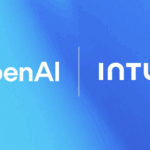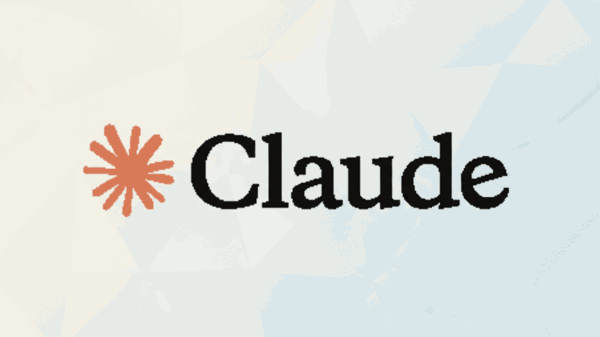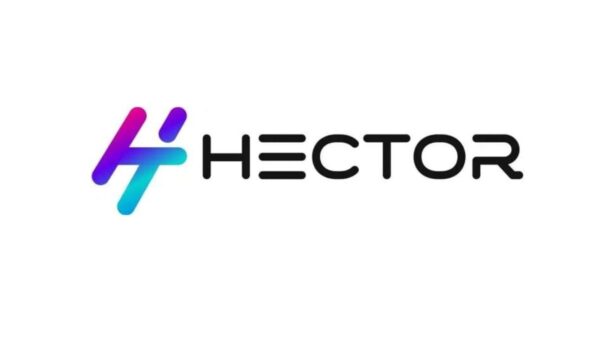At a recent Axios event, Clem Delangue, co-founder and CEO of Hugging Face, discussed the current state of artificial intelligence, specifically addressing what he terms an “LLM bubble.” Delangue asserts that while there is a lot of buzz around large language models (LLMs) like ChatGPT and Gemini, this intense focus may not be sustainable. He emphasized that the question of whether we are in a bubble is, indeed, a “trillion dollar question,” but he believes that the future of AI as a whole is not jeopardized even if this bubble were to burst.
Delangue noted, “I think we’re in an LLM bubble, and I think the LLM bubble might be bursting next year.” He elaborated that LLMs represent only a fraction of the potential applications of AI across various fields, including biology, chemistry, and multimedia such as image, audio, and video processing. “I think we’re at the beginning of it, and we’ll see much more in the next few years,” he added.
One of Delangue’s key points is that LLMs may not be the best solution for every problem. He predicts a trend toward smaller, specialized AI models that are better suited for specific applications. “All the attention, all the focus, all the money, is concentrated into this idea that you can build one model through a bunch of compute that is going to solve all problems for all companies and all people,” he explained. “The reality is that you’ll see in the next few months, next few years, a multiplicity of models that are more customized and specialized.”
For example, he cites banking chatbots as a compelling use case. “You don’t need it to tell you about the meaning of life, right? You can use a smaller, more specialized model that is going to be cheaper, faster, and maybe even run on your infrastructure as an enterprise. I think that is the future of AI,” Delangue stated.
While admitting that a bursting LLM bubble could have some effects on Hugging Face, Delangue reassured that the vast AI industry has diversified significantly. This diversification means that even if LLMs face overvaluation issues, it will not drastically impact the broader AI sector or Hugging Face itself. He noted that his company still possesses half of the $400 million it has raised, indicating a cautious and sustainable financial approach compared to other AI firms that are heavily investing in LLM technologies.
“In AI standards, that’s called profitability because the other guys — it’s not hundreds of millions that they’re spending. It’s obviously billions of dollars,” he remarked. Hugging Face’s strategy contrasts with others that may be hastily throwing resources into quick returns. “I think a lot of people right now are rushing — or maybe even panicking — and taking a really short-term approach to things. I’ve been in AI for 15 years now, so I’ve seen some of the cycles,” Delangue noted. “We’re learning from that and trying to build a long-term, sustainable, impactful company for the world.”
In summary, while the excitement around LLMs is palpable, Delangue’s perspective serves as a reminder that the broader AI landscape remains rich with opportunities beyond large language models. The focus may shift to more specialized solutions, ensuring the continued evolution and application of AI technologies in various sectors.
See also Lawmakers Introduce AI-WISE Bill to Boost Small Business AI Adoption and Training
Lawmakers Introduce AI-WISE Bill to Boost Small Business AI Adoption and Training Anthropic’s Valuation Hits $350B Amid Nvidia, Microsoft Investment Concerns
Anthropic’s Valuation Hits $350B Amid Nvidia, Microsoft Investment Concerns AI Detective Work: The Growing Challenge of Spotting AI-Generated Content
AI Detective Work: The Growing Challenge of Spotting AI-Generated Content Intuit Partners with OpenAI to Integrate ChatGPT into TurboTax, QuickBooks, and More
Intuit Partners with OpenAI to Integrate ChatGPT into TurboTax, QuickBooks, and More AI-Generated Campaign Ad Sparks Ethical Debate in U.S. Senate Race
AI-Generated Campaign Ad Sparks Ethical Debate in U.S. Senate Race


































































